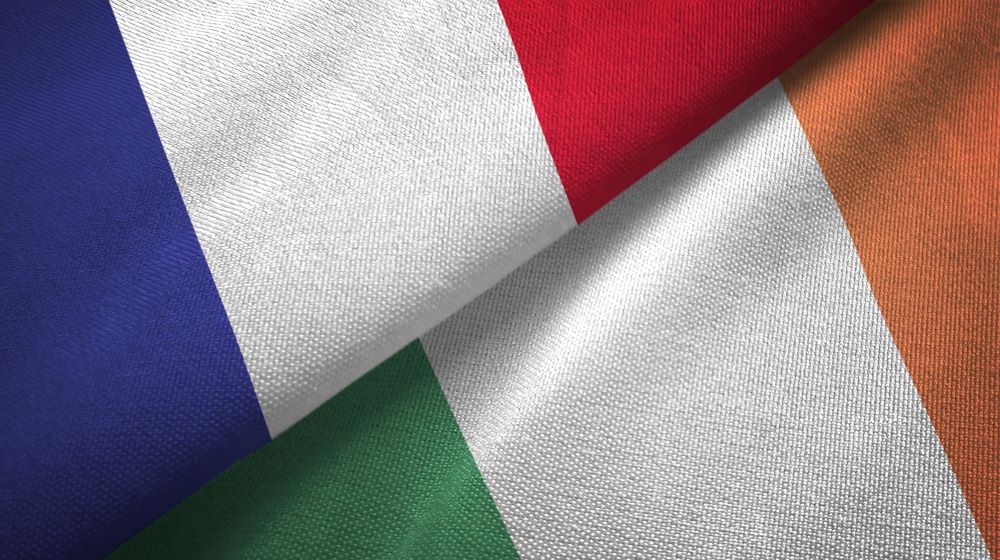
A new ferry route has been established between Ireland and France which leading Irish politicians hope will “minimise disruption” when new border controls are erected between the UK and EU on 1 January 2021.
Danish shipping line DFDS announced the new ferry route between Rosslare Europort and Dunkirk on Friday.
Bypassing Britain
According to the Irish Times, the route will allow Irish importers and exporters to bypass Britain when moving goods on to the continent.
Industry bodies in both the UK and EU have expressed concerns about possible disruption when the UK stops trading under EU rules when the transition period closes on 31 December 2020, at which point new regulatory checks will be introduced.
Certainty vs speed
The Rosslare-to-Dunkirk route will take longer to complete than travelling from Ireland through Britain into France, lasting 24 hours compared to 13 hours via the UK ‘landbridge’.
However, DFDS claim the new route offers companies a more certain route to European markets that will avoid expected hold ups at UK ports.
Drivers will also arrive “fully rested and immediately able to reach many major destinations within the legal driving limit”, DFDS said in a statement.
According to the Independent, the new route will open after the end of the Brexit transition period on 2 January 2021 and will offer “direct and paperless transport between EU countries”.
Doubled capacity
Website, NIferry.co.uk reports that DFDS will run six weekly departures from each port, doubling the current number of departures between Ireland and France.
DFDS will use three Ro-Pax ferries for the service, which can carry up to 125 lorries and drivers, with each accommodated in a single Covid-secure cabin.
Taoiseach Micheál Martin urged Irish businesses this week to “trial” direct routes for transporting goods to Europe in case there are delays on the landbridge after the UK cases trading under EU rules from the start of next year.
Minimise disruption
Tánaiste Leo Varadkar said: “We’re working hard to minimise disruption and delays for hauliers using the Britain landbridge to get to the continent next year. But alternatives like this new direct connection by sea will help.”
European shipping line CLdN, which already operates services between Ireland and Europe, is also adding capacity in light of Brexit. A second weekly service will connect Cork and Zeebrugge in Belgium, one of Europe’s busiest sea ports.
CLdN will offer eight direct sailings per week in each direction between Ireland and the ports of Zeebrugge and Rotterdam with capacity to carry more than a quarter of a million cargo units annually, including on its so-called “Brexit buster” ferry MV Celine.


